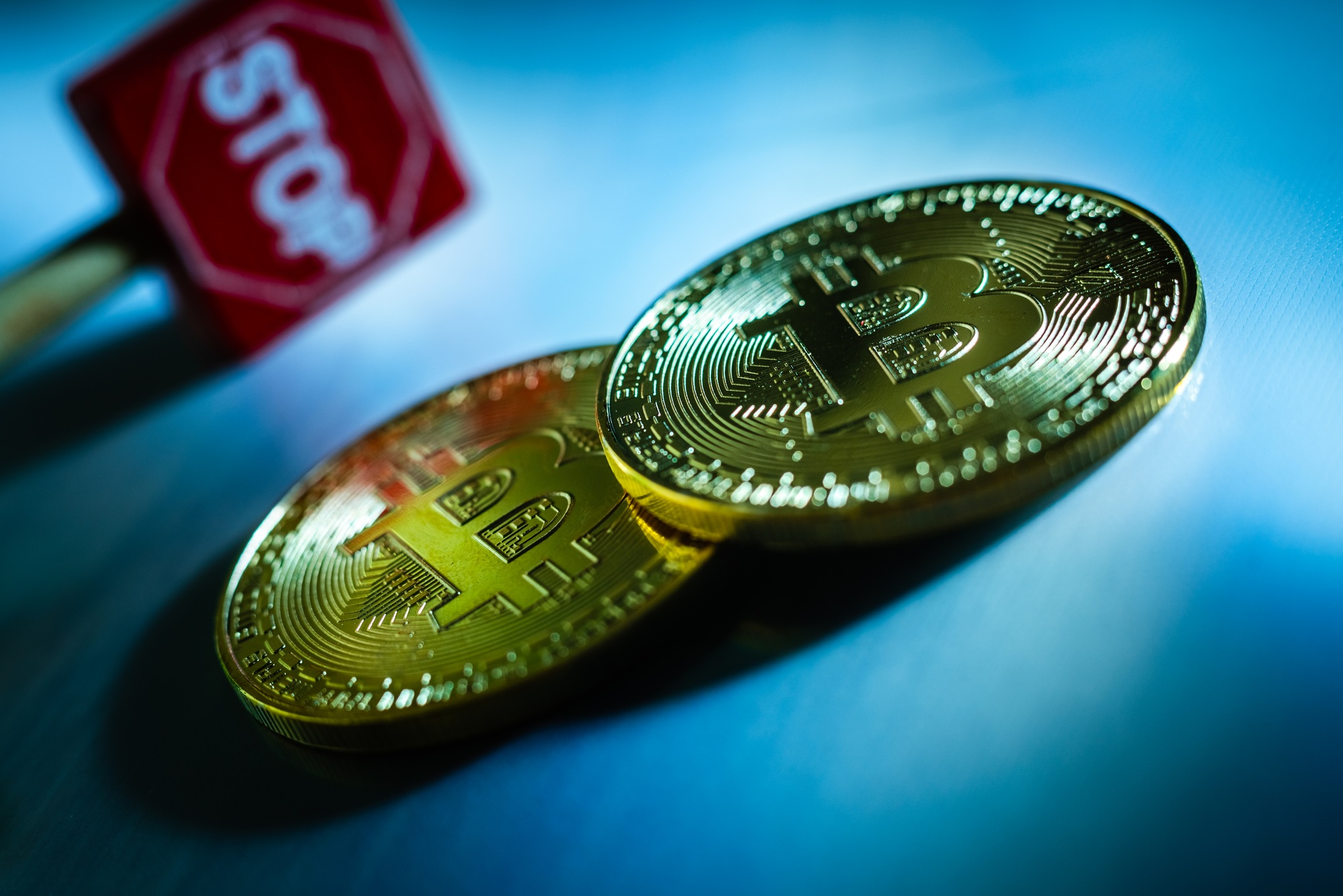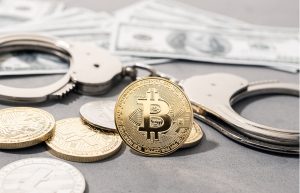Recent developments have sparked widespread concern among financial regulators and observers regarding President Trump’s involvement in cryptocurrency deals and the loosening of related regulations.
In recent months, there has been a noticeable shift in the regulatory landscape surrounding cryptocurrencies, with the Trump administration adopting a more lenient stance towards blockchain and digital asset transactions. This shift has led to increased scrutiny from watchdog agencies and financial experts who fear that the lack of oversight could foster opportunities for corruption and illicit activities.
Specifically, reports suggest that President Trump has engaged in multiple crypto deals that appear to benefit from reduced regulatory scrutiny, raising questions about transparency and fairness. These deals involve significant investments in blockchain startups and facilitation of crypto transactions that are less constrained by existing financial laws.
Such actions have raised alarms among critics who argue that these moves might undermine efforts to combat money laundering, fraud, and other financial crimes. The easing of rules could also disproportionately benefit certain individuals or entities, creating conflicts of interest, and eroding public trust in the integrity of the financial system.
Despite these concerns, proponents argue that deregulation can foster innovation and economic growth within the blockchain and crypto sectors. They believe that a more flexible regulatory environment could attract investment and help develop the technology further.
Market reactions have been mixed, with some investors optimistic about the growth potential of crypto under a deregulated regime, while others worry about the long-term risks of decreased oversight. Financial experts emphasize the importance of balancing innovation with responsibility to prevent misuse and protect consumers.
Looking forward, attention will likely focus on upcoming legislative proposals and regulatory decisions. The Department of Financial Oversight is expected to review and potentially tighten rules, aiming to strike a balance between fostering innovation and ensuring transparency and security.
What are the potential risks of deregulating crypto markets?
Potential risks include increased money laundering, fraud, and market manipulation, which could harm investors and damage the integrity of the financial system.
How could these regulatory changes impact the average investor?
Reduced oversight might expose investors to higher risks of scams and fraud, making it crucial for investors to stay informed and cautious.
What should regulators focus on to prevent corruption in crypto dealings?
Regulators should implement clear rules for transparency, enforce compliance, and monitor transactions closely to prevent misuse and protect market integrity.








